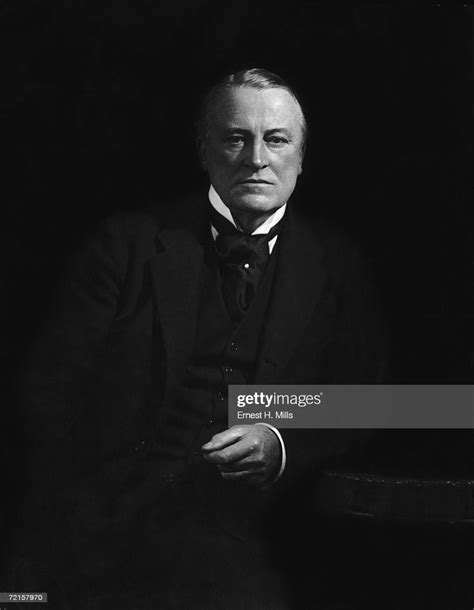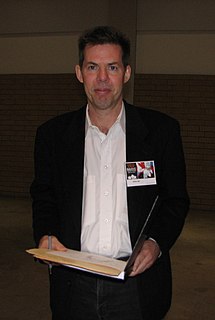A Quote by Mark Twain
There are no witches. The witch text remains; only the practice has changed. Hell fire is gone, but the text remains. Infant damnation is gone, but the text remains. More than two hundred death penalties are gone from the law books, but the texts that authorized them remain.
Related Quotes
A text is not a text unless it hides from the first comer, from the first glance, the law of its composition and the rules of its game. A text remains, moreover, forever imperceptible. Its laws and rules are not, however, harbored in the inaccessibility of a secret; it is simply that they can never be booked, in the present, into anything that could rigorously be called a perception.
The discourse on the Text should itself be nothing other than text, research, textual activity, since the Text is that social space which leaves no language safe, outside, nor any subject of the enunciation in position as judge, master, analyst, confessor, decoder. The theory of the Text can coincide only with a practice of writing.
With Orff it is text, text, text - the music always subordinate. Not so with me. In 'Magnificat,' the text is important, but in some places I'm writing just music and not caring about text. Sometimes I'm using extremely complicated polyphony where the text is completely buried. So no, I am not another Orff, and I'm not primitive.
song of elli (old age) "What is plucked will grow again, What is slain lives on, What is stolen will remain What is gone is gone... What is sea-born dies on land, Soft is trod upon. What is given burns the hand - What is gone is gone... Here is there, and high is low; All may be undone. What is true, no two men know - What is gone is gone... Who has choices need not choose. We must, who have none. We can love but what we lose - What is gone is gone.
I think whether you are a judge on my court or whether you are a judge on a court of appeals or any court, and lawyers too - and if you're interested in law yourself, you'll be in the same situation - you have a text that isn't clear. If the text is clear, you follow the text. If the text isn't clear, you have to work out what it means. And that requires context.
With vocal and choral music, first and foremost, it's the text. Not only do I need to serve the text, but the text - when I'm doing it right - acts as the perfect 'blueprint', and all the architecture is there. The poet has done the heavy lifting, so my job is to find the soul of the poem and then somehow translate that into music.





































